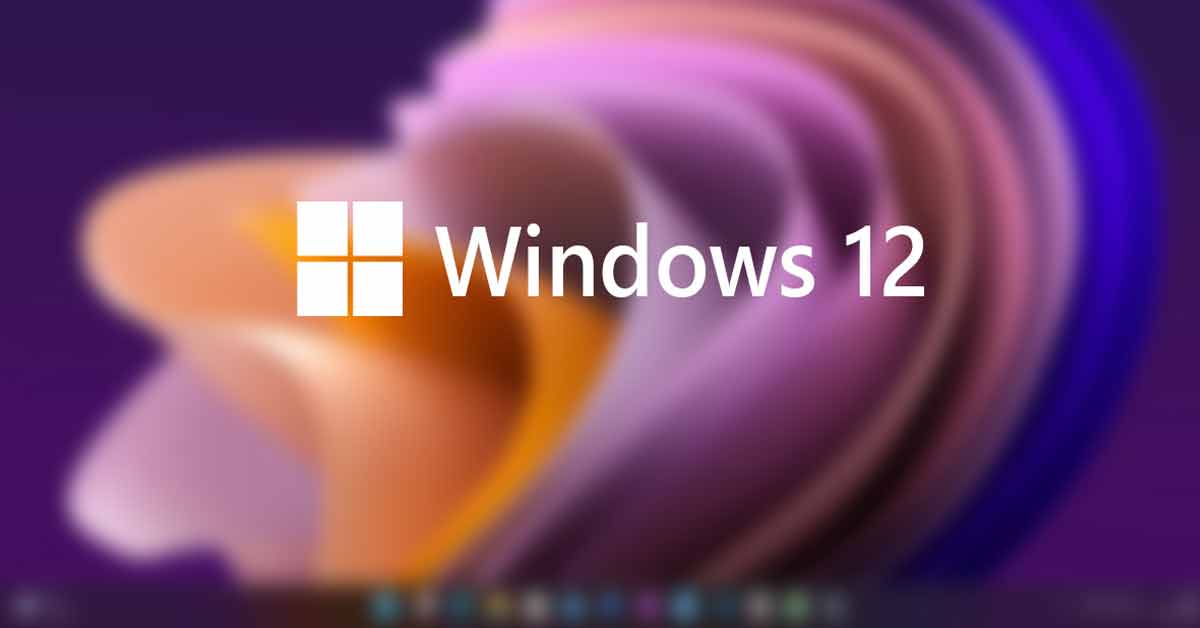The tech community has been buzzing with speculation about the future of Microsoft's operating systems. The focal point of this discussion is Windows 12, the next-gen OS that could bring some significant changes to the table. What's the big fuss about? One of the major talking points is the possibility of it being a subscription-based OS.
To understand this potential shift, let's turn our attention to a discovery made by the German media outlet Deskmodder. They stumbled upon subscription-related entries hidden in the INI configuration file. T
tech enthusiasts and experts compared the Canary channel build of Windows 12 with the Windows 11 23H2 Release Preview build using WinMerge.
AI: The Future of Windows?
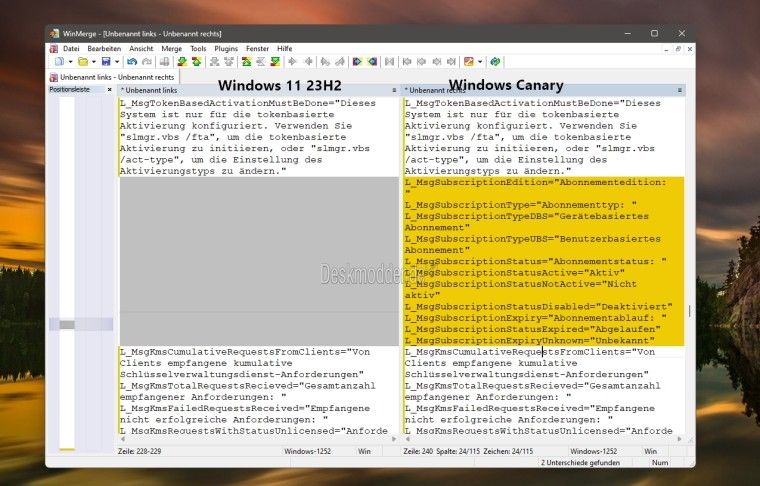
The entries are in German so here is an English-translated version of the subscription-related entries on the Canary side:
Subscription Edition – (L_MsgSubscriptionEdition)
Subscription Type – L_MsgSubscriptionType (as “Device-Based Subscription” or “User-Based Subscription”)
And the subscription status – L_MsgSubscriptionStatus (Active, Inactive, Deactivated, Expired
Back in January, Microsoft teased the next generation of Windows 11 and the mysterious Windows 12 (or Next Valley). The company boldly stated that AI would play a pivotal role in shaping the future of Windows.
Some of the AI-driven features, such as Copilot, have already made their way into the Windows ecosystem. However, it's been a mixed experience for users, as this feature has surprisingly served third-party ads.
Moving Windows to the Web
Beyond AI, Microsoft has grand plans for the future of Windows. They are gradually paving the way to move at least a significant chunk of the OS to the web.
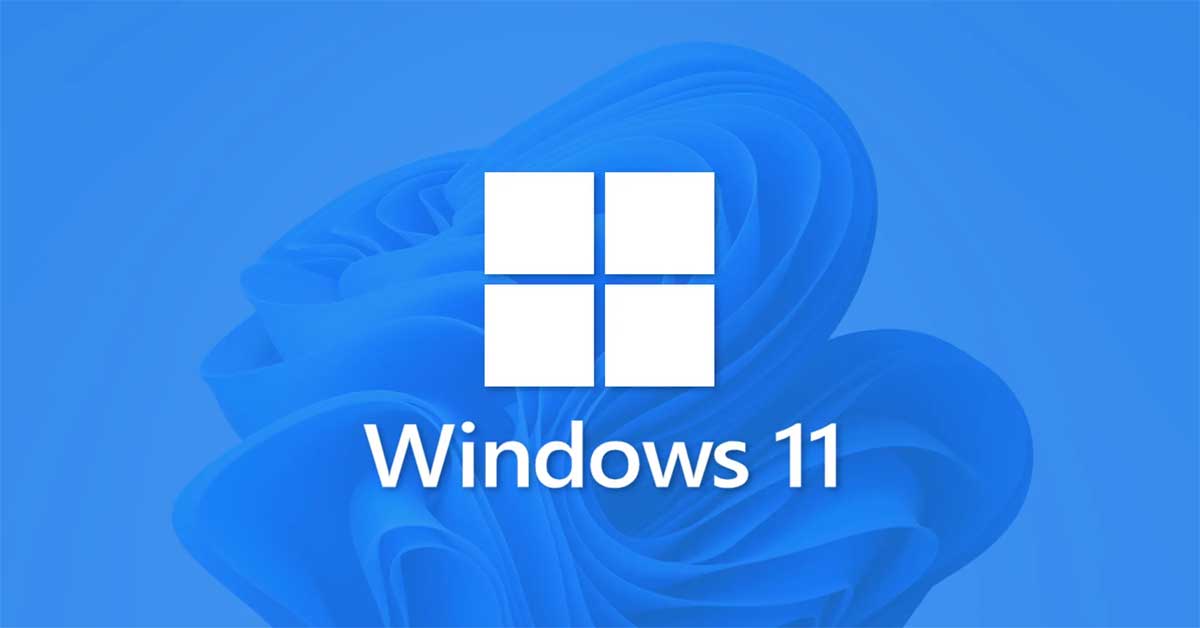
This shift began with the introduction of Cloud PC options appearing in Settings. Subsequently, more Cloud PC-related leaks started surfacing, offering us a glimpse into Microsoft's cloud-centric vision.
Enter "CorePC"
Rumors suggest that Microsoft is working on something called "CorePC" for the next Windows version.
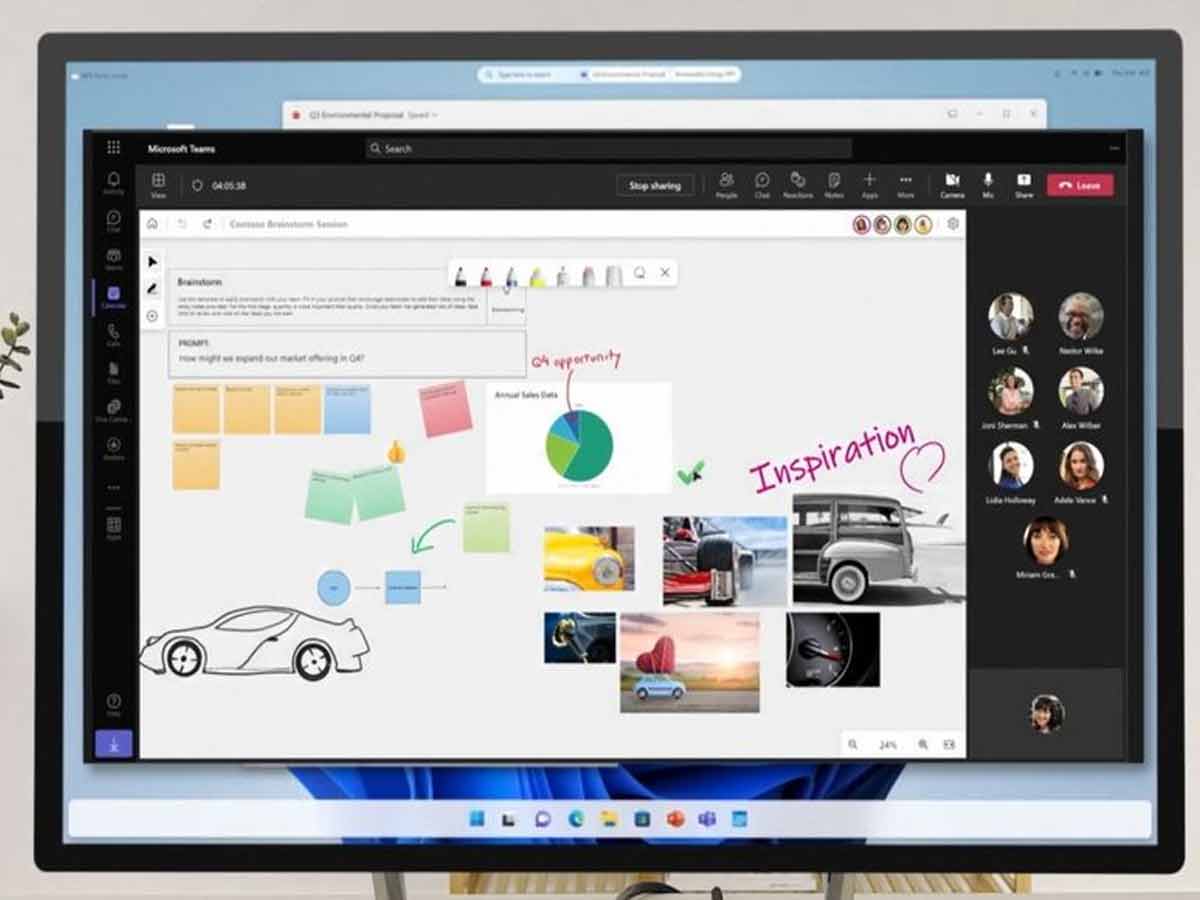
For those seeking concrete evidence of Microsoft's intentions, an FTC filing revealed their internal efforts to "move Windows 11 increasingly to the cloud." This document sheds light on their commitment to a cloud-centric future for Windows.
However, there's a glimmer of hope on the horizon. According to Intel's Chief Financial Officer David Zinsner, a "Windows refresh" is anticipated in 2024. This is different from your typical yearly update; it could be much more significant.
We actually think ’24 is going to be a pretty good year for client, in particular, because of the Windows refresh. And we still think that the installed base is pretty old and does require a refresh and we think next year maybe the start of that, given the Windows catalyst. So we’re optimistic about how things will play out beginning in ’24.
-David Zinsner
Windows 12 is rumored to make its debut in 2024. What sets it apart from its predecessors? For starters, it's said to boast a more modular software design, with a "stripped down" core that allows for the integration of powerful components.
For those who've followed Windows closely, the emergence of Windows 12 is surprising. Microsoft had previously stated that Windows 10 would be "the last version of Windows," with updates continuously adding new features. Now, with Windows 11 and the potential Windows 12, they are back to periodic full-version updates.
Microsoft's AI Assistant with a Twist? Copilot?
Microsoft made headlines by introducing its AI-powered Copilot technology in Windows 11. This technology replaced Cortana as the built-in assistant. It promised to enhance user experiences, but it came with a twist.
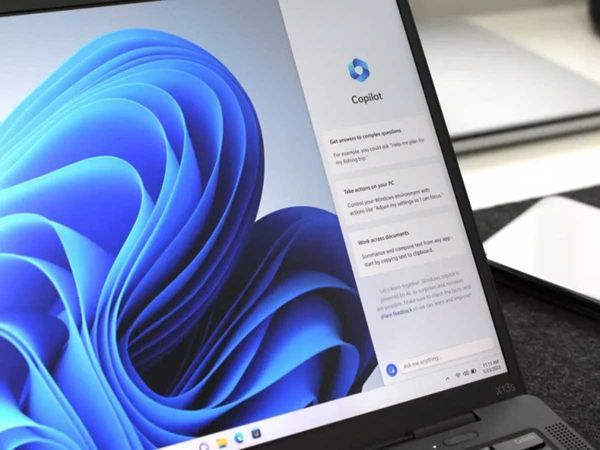
As users started exploring Copilot's capabilities, a predictable scenario unfolded. Microsoft began integrating third-party ads into query results. This departure from promoting their own products to displaying random ads raised eyebrows in the tech community.
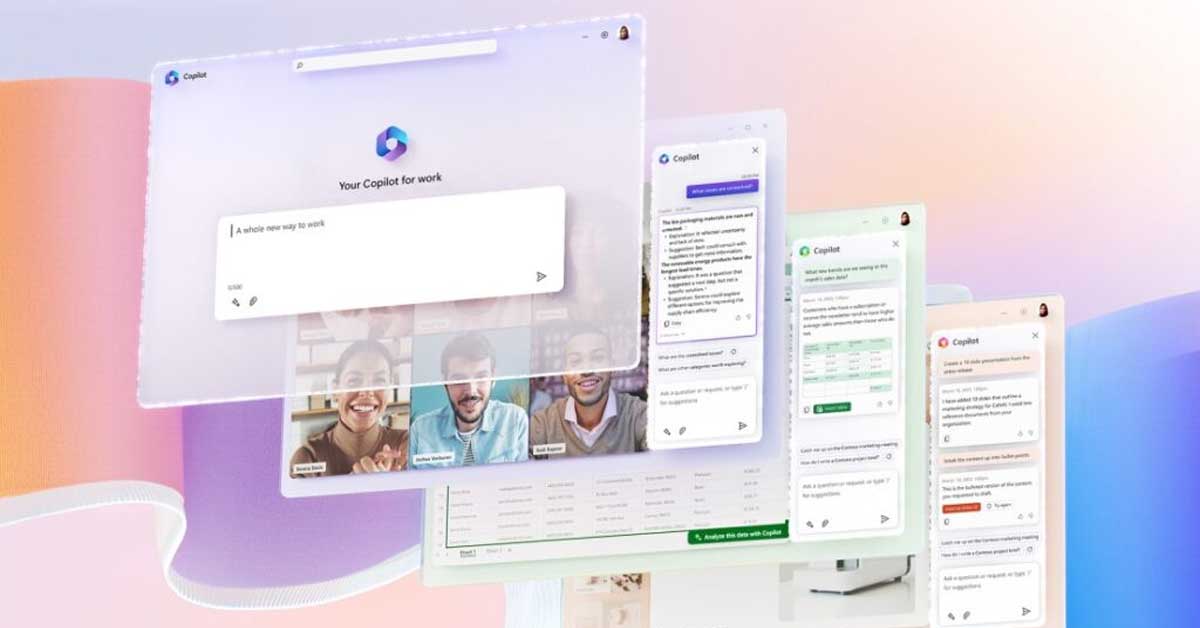
The Ad Dilemma on Windows OS
The inclusion of these ads in search results sparked debate. While Copilot does provide useful summaries from popular sites, the introduction of third-party ads alongside search results needed to be clarified. Are these ads truly relevant to user inquiries?
What is the more popular Windows OS?
As of July 2023, Microsoft's Windows continues to reign supreme as the go-to desktop operating system across the globe, commanding a whopping 70 percent of the market share.
While it's clear that Windows maintains its dominance, Apple's Mac operating system has steadily been on the rise, now accounting for roughly a fifth of the market. Meanwhile, Linux and Google's Chrome OS have managed to keep their footing with modest but stable market shares.
The evolution of Microsoft Windows is a fascinating journey that began in 1985. Along the way, it spawned several noteworthy versions, such as Windows 95, Windows XP, and Windows 7—the latest addition to the Windows family, Windows 11.
In 2022, an impressive 65 million PCs rolled out to consumers, all equipped with Windows operating systems pre-installed. Looking ahead to August 2023, the numbers continue to tell a story of dominance and change.
Windows 10 (Win10) leads the pack with a substantial 71.94 percent of the desktop market, closely followed by the newly minted Windows 11 (Win11), which has swiftly secured a commendable 23.17 percent market share. These statistics highlight the ever-evolving landscape of desktop operating systems.
One puzzling aspect of Copilot is its constant internet connection requirement. Even for local tasks, such as enabling Dark Mode, an active internet connection is a must. Why is Microsoft insisting on this connectivity, and what does it mean for user privacy and experience?
After all this, people still love Windows 10, and Windows 11 didn't get the same love from people that Microsoft expected, but anyway, they had already planned to launch Windows 12 OS. What do you think will happen? Let us know in the comment section.
